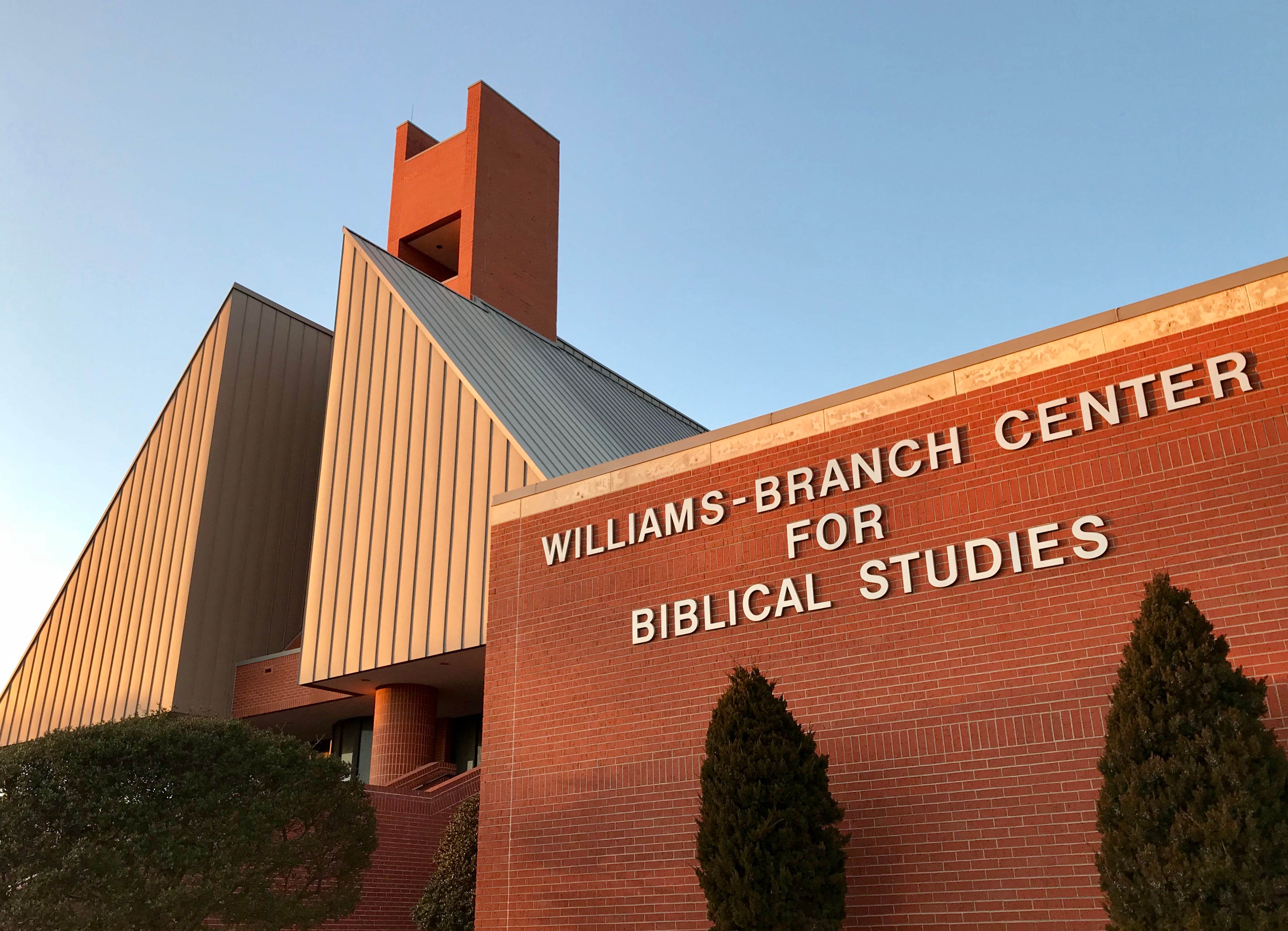A new graduate degree program may be in the works for Oklahoma Christian University after the Graduate School of Theology received a significant grant to train online instructors.
Associate Dean for Teaching and Learning Jim Dvorak said Oklahoma Christian’s board of trustees encouraged the colleges on campus to think of new ways to generate revenue for the school.
“In College of Biblical Studies, we decided that as part of the Graduate School of Theology, we would offer a Master of Arts degree in Christianity and Culture,” Dvorak said. “We wanted to do it entirely online and we wanted to do it as a 36-hour program.”
After making the decision to offer the program, Dvorak said he wanted to make sure the faculty who would serve as instructors for the courses were prepared for the possibly unfamiliar mode of online teaching. He said he chose to apply for a grant from the Association of Theological Schools (ATS), which would pay for the professors’ training. According to Dvorak, he proposed using The Online Learning Consortium (OLC) for the certification process.
“They’re a certificate-granting institution, very well known in the online teaching and learning sphere, and I got the grant—$15,000,” Dvorak said. “Some of our faculty have already started the training and a number of them are scheduled to start this spring.”
The grant application process began Feb. 3, 2017 when Dvorak submitted the proposal. He said he found out Oklahoma Christian would receive the grant June 2017. Dvorak said there are about 270 graduate schools who are members of the ATS, but not all applied for the grant.
“We were one of 12 schools to receive the grant,” Dvorak said. “I do not know how many total applied or were rejected, but I do know that the total amount of grant funding to be distributed was limited, so in that sense it was competitive.”
Dvorak said essentially all Graduate School of Theology instructors—those who plan to teach the new online courses—will complete the certification. He said the training offers a lot of potential benefits aside from simply equipping individuals for online teaching.
“Many faculty are very well trained, and they’re disciplined,” Dvorak said. “They don’t always get the pedagogical training—teaching and learning type training. I’m hoping the training they get in this program will also help their face-to-face teaching as well, and I think it will. It did for me.”
Dean of the College of Bible Charles Rix said the program will train faculty members to effectively teach online, rather than individually figuring out what works best. He said the certification will establish a professional approach to the online degree.
“We hope that with prospective students knowing that they’re going to have professors that are really trained to teach online, that it will attract more students to take our courses, that it will make us more competitive in the market place and that all of that will reflect good on the university,” Rix said.
Senior Rett Parker said he is a Bible and ministry major, and the master’s program he is interested in at the moment is Oklahoma Christian’s Master of Theological Studies (MTS). He said he thinks the new graduate degree program will be a good addition to the university.
“I like to see the College of Biblical Studies grow,” Parker said. “As a part of it, you know I like to have as many options as might be necessary. I love the faculty in the College of Biblical Studies, so the more chances I have to take classes with them, the happier I am.”
Along with the emphasis on online learning, Dvorak said he hopes some of the pre-conceived ideas about online courses will shift to more positive directions. He said online classes can be positive and worthwhile.
“I think they’ll learn that it really can be rigorous, that community really can be formed online and those sorts of things,” Dvorak said. “You have to be very intentional in the way that you design the courses and the way you execute the activities. Make sure everything is tied to objectives.”
Parker said he does not usually like online classes, because they are less personal and lack the depth of information found in traditional classes, but he thinks the concept of professors who are certified to teach new online courses could be positive.
“It’s funny how many different ways there are to teach and it’s really important to make sure you know how to do that, so I’m glad that they’re trying to get certified,” Parker said.
Although some individuals may think online classes are less challenging, Rix said they are actually more rigorous than traditional courses. He said the new online degree option could be convenient for students, because it fits into their schedules more easily.
“We want to be a leader in online theological education, which for me means something different than just offering a whole lot of options,” Rix said. “It actually means that our pedagogy and our approach to online learning is as cutting edge as it can be. The biggest challenge in our field is spiritual formation. How do you do that online? How do you build community online? It can be done, but it takes a lot of thought and a lot of work.”












Be First to Comment